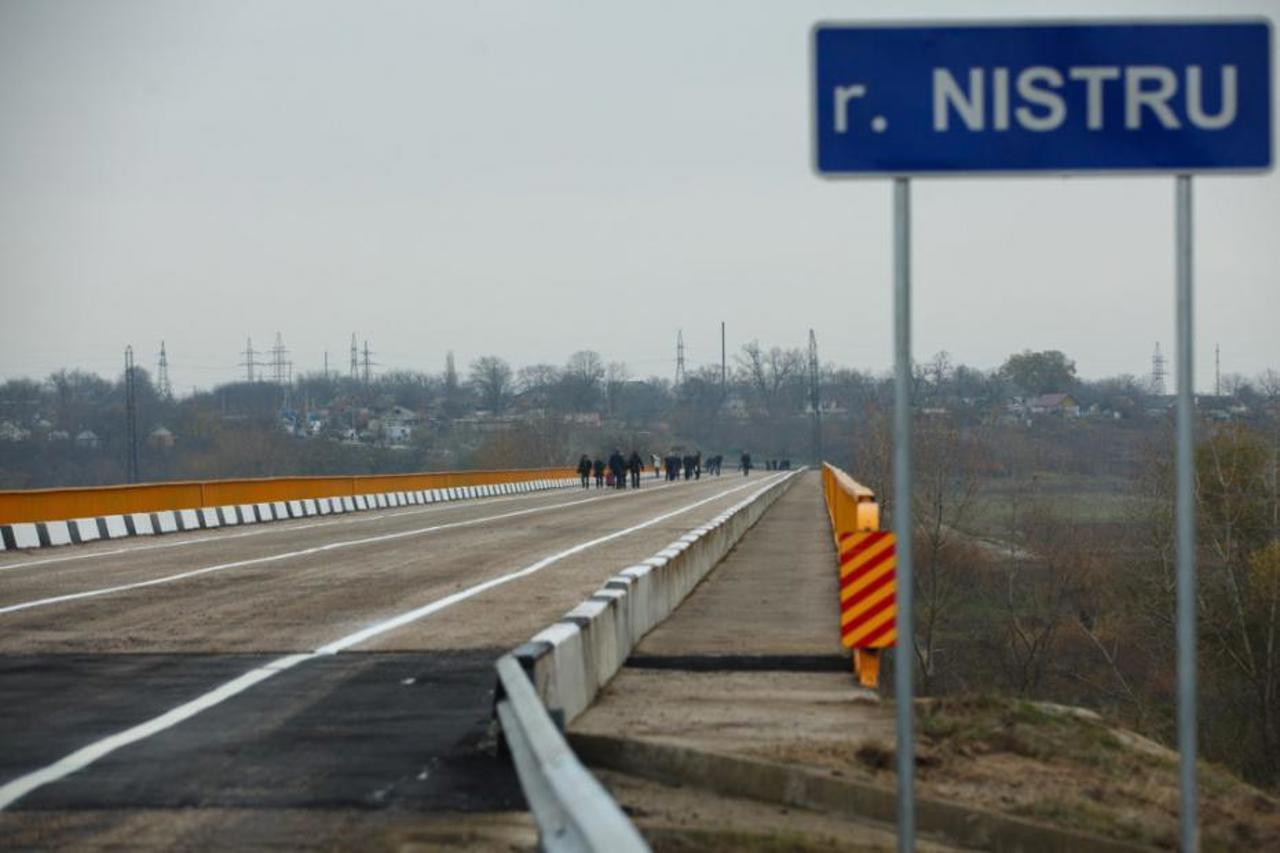Transnistria faces energy crisis, hospitals and schools at risk
Hospitals in Transnistria could face closure, while schools might revert to remote learning if Gazprom fails to meet its contractual gas supply obligations starting January 1st.

These scenarios were discussed at a meeting of the self-proclaimed security council, led by the region's de facto leader, Vadim Krasnoselski, on December 19th.
According to the self-proclaimed Transnistrian authorities, if Gazprom reduces or completely halts natural gas supplies to the left bank of the Dniester River, the Cuciurgan Power Plant, which currently supplies a significant portion of the right bank's electricity, will switch to coal as its primary fuel source.
Businesses may move to night shifts where feasible. Schools, colleges, and universities could return to remote learning, while kindergartens may only admit children of working parents.
Tiraspol media reports that if the Russian energy giant fails to meet its contractual obligations, some hospitals and clinics in the region may suspend operations. Patients will be redirected to functioning medical facilities, as per a list to be approved by the self-proclaimed Ministry of Health in Tiraspol.
Starting December 23rd, scheduled medical examinations will be suspended to free up hospital beds for potential emergencies requiring inpatient care.
"In addition to regular emergency calls, ambulances will transport patients to hospitals with central heating," said the self-proclaimed Health Minister of Transnistria, Cristina Albul.
Moldova faces a potential energy crisis from January 1st when Russian gas transit through Ukraine expires. Russia has conditioned gas supplies to the left bank via alternative routes on the payment of an alleged $700 million debt claimed by the right bank. Chisinau officially recognizes only $8.6 million of this debt, based on a recent audit of Moldovagaz.
Authorities warn that if Transnistria suffers a humanitarian crisis, Russia will be responsible, as it can supply gas via alternative routes but refuses to do so. Chisinau has pledged to intervene, including through legislation, to assist citizens on the left bank if such a crisis occurs.
Potential measures include energy subsidies, provision of generators and fuel, and delivery of essential medicines and food. Deputy Prime Minister for Reintegration, Oleg Serebrian, stated that, if necessary, patients and children in institutions on the left bank could be transferred to the right bank for adequate care.
After urging Chisinau to negotiate with Moscow and Kyiv, the self-proclaimed Transnistrian authorities sent letters to Russia requesting support for gas supplies to the region. The Moldovan Bureau of Reintegration Policy stated that the country's constitutional authorities are taking all necessary steps to resolve the energy issue, prioritizing the protection of citizens on both banks of the Dniester.
Transnistria has been under a state of economic emergency since December 11th, while Moldova declared a state of emergency on December 16th.
Translation by Iurie Tataru






